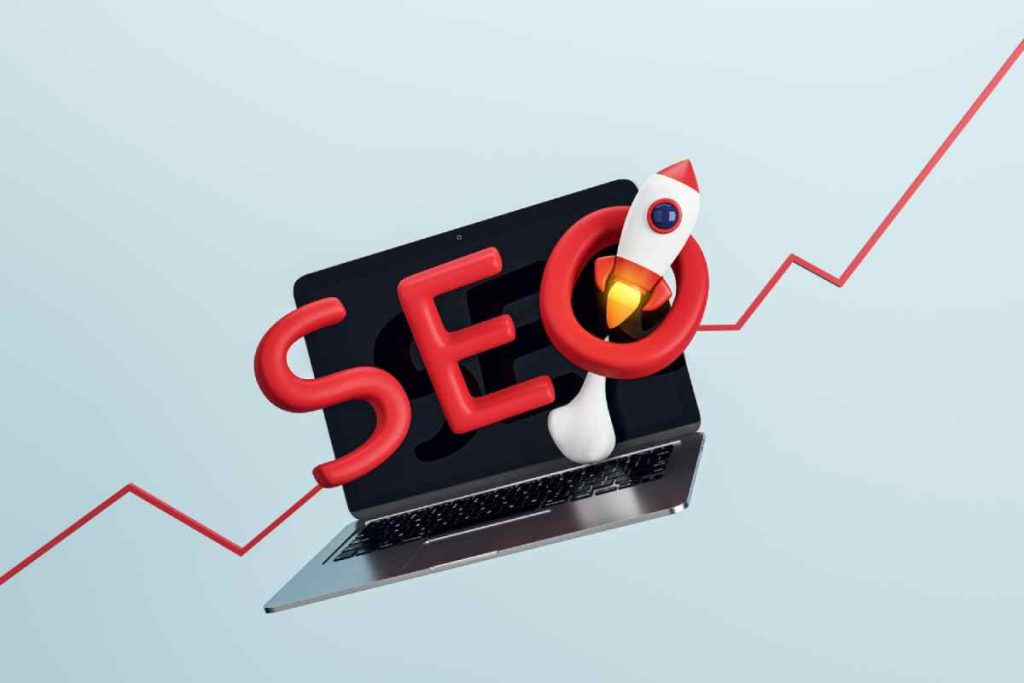Understand What SEO Is and Why It Matters
Search Engine Optimization, or SEO, is the process of optimizing your website to rank higher in search engine results. For small businesses, this means greater visibility, more website traffic, and increased potential for leads and sales. By making your site easier to find, you level the playing field with larger competitors. A strong SEO foundation ensures your business gets noticed when customers search for products or services like yours.
Start with Keyword Research
At the core of any SEO strategy is keyword research. These are the words and phrases your potential customers type into search engines. Use tools like Google Keyword Planner or Ubersuggest to find relevant keywords for your business. Focus on terms with decent search volume but low competition. Incorporate them naturally into your content to improve visibility. The right search terms connect you directly with people actively looking for what you offer.
Optimize On-Page Elements
On-page SEO includes everything you control on your website—titles, headers, meta descriptions, image alt text, and internal links. Each page should target a specific keyword and include it in key areas. Proper page structure improves readability and search engine indexing. Make sure your site loads quickly, is mobile-friendly, and offers a user-friendly experience. These technical aspects impact your search rankings significantly.
Create Valuable, Optimized Content
Content is essential in building authority and trust with both users and search engines. Your blog posts, service pages, FAQs, and guides should answer customer questions and provide value. Use keywords naturally, avoid stuffing, and aim for clarity. Include visuals, headers, and links to relevant resources. Regularly updated and high-quality content signals that your site is active and relevant. This boosts your credibility and attracts organic traffic.
Build Local SEO for Local Visibility
For small businesses, local SEO is one of the most important strategies. Ensure your Google Business Profile is complete and accurate. Encourage satisfied customers to leave reviews. Use local keywords and create location-specific content to attract nearby customers. Adding your business to directories like Yelp and Bing Places also helps. A solid local presence increases your chances of appearing in map results and local packs, which boosts in-store visits.
Earn Backlinks to Boost Authority
Backlinks—links from other websites to yours—are a major ranking factor in SEO. They act as votes of confidence and signal to search engines that your content is trustworthy. Reach out to local bloggers, join industry directories, and publish guest posts on reputable sites. Focus on acquiring quality backlinks rather than a high quantity. Backlinks from relevant and authoritative sources can dramatically improve your site’s domain authority.
Track Performance and Improve Constantly
SEO is not a one-time task—it’s an ongoing process. Use tools like Google Analytics and Google Search Console to monitor performance. Track keyword rankings, traffic sources, bounce rate, and conversions. These insights help you refine your strategy, fix issues, and identify opportunities. Stay informed about algorithm changes and update your site accordingly. Consistent performance tracking allows your SEO efforts to evolve and grow with your business goals.
Conclusion
SEO is one of the most cost-effective marketing tools for small businesses. It increases visibility, builds trust, and drives traffic without relying solely on paid ads. By understanding and implementing SEO basics—keyword research, on-page optimization, local SEO, and backlink building—you can grow your online presence organically. Regular tracking and adjustments will ensure your strategy remains effective. With the right foundation, SEO becomes a long-term engine for sustainable business growth.
Frequently Asked Questions
- What is SEO?
- SEO stands for Search Engine Optimization and involves improving a website’s visibility in search engine results.
- Why is SEO important for small businesses?
- It helps increase online visibility, attract local customers, and compete with larger brands.
- How do I start with SEO?
- Begin with keyword research, optimize on-page content, and build local and external links.
- What are keywords in SEO?
- Keywords are search terms people use to find information, products, or services online.
- What is local SEO?
- Local SEO focuses on optimizing your business for searches in your specific geographic area.
- How long does SEO take to work?
- Results typically take 3–6 months depending on your industry, competition, and strategy.
- What is a backlink?
- A backlink is a link from another website that points to your website, signaling trust to search engines.
- Do I need to update my content regularly?
- Yes, fresh and relevant content improves SEO rankings and keeps your site engaging.
- What tools should I use for SEO?
- Google Analytics, Google Search Console, Ubersuggest, and SEMrush are good starting tools.
- Can I do SEO myself?
- Yes, many small businesses manage their own SEO with the right knowledge and tools.







